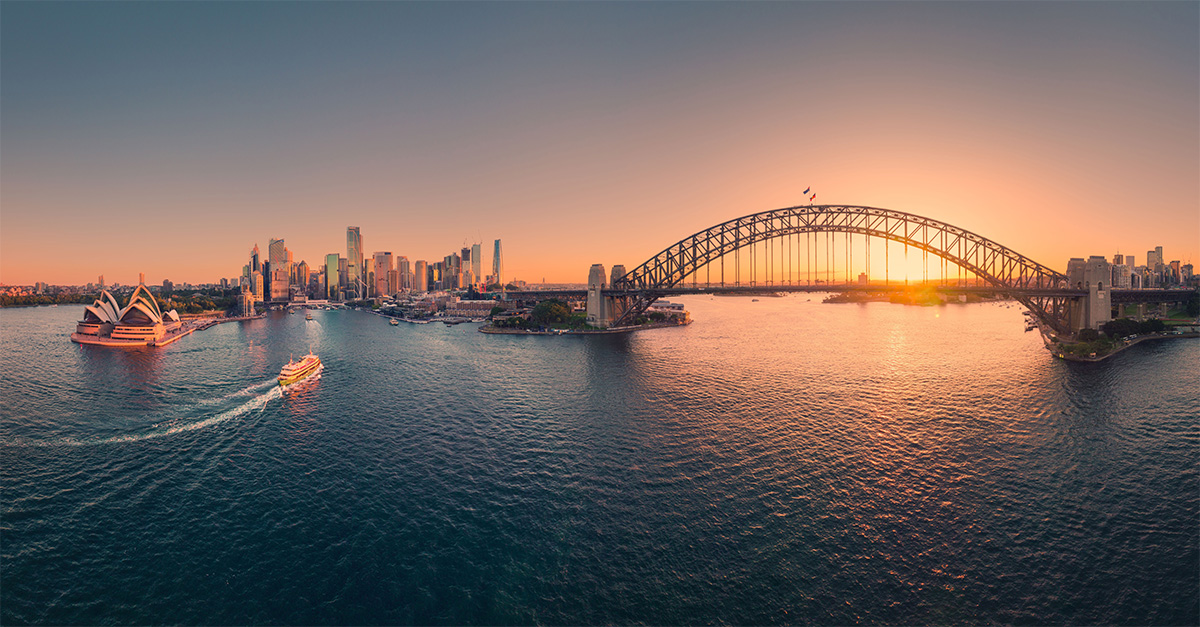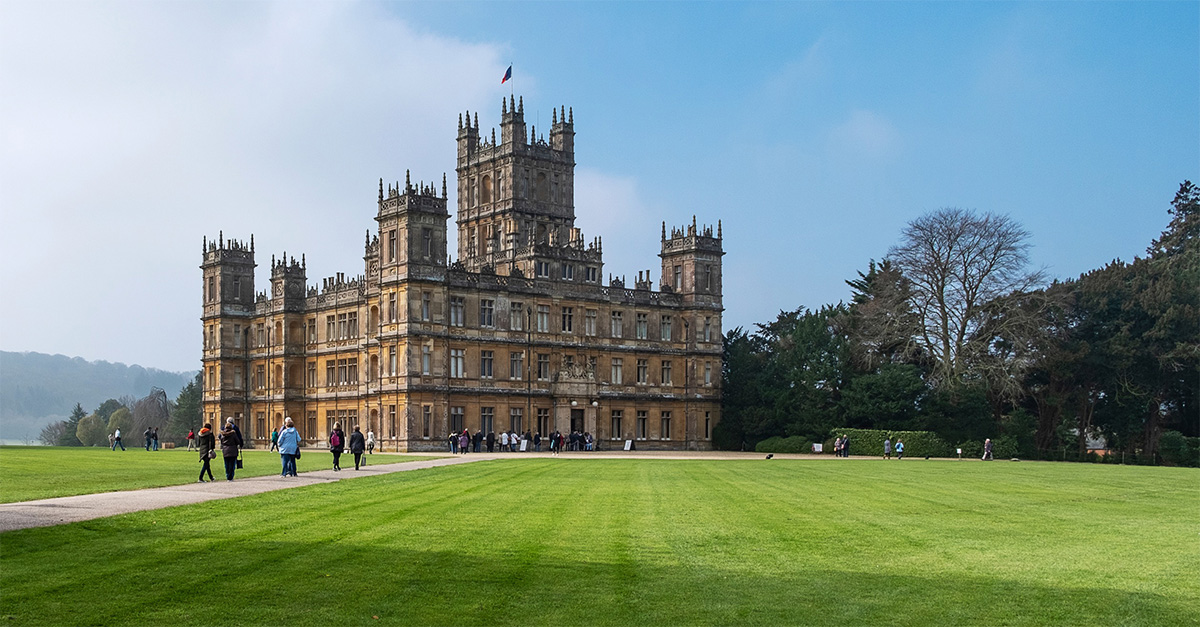A group of specialist UK tour operators met community representatives in Thailand last month in an attempt to break new ground in responsible tourism. Ian Taylor brings you the first in a series of reports

Thailand was unusually wet in early April, but that did little to dampen the enthusiasm among representatives of nine tour operators and 10 local community committees who met in a rural resort east of Bangkok.
They were brought together by the Community-Based Tourism Initiative of Thailand – and joined by inbound operators at a workshop supported by the Tourism Authority of Thailand and UK charity the Travel Foundation.
It was the first meeting of its kind to bring community representatives and UK tour operators face to face. Certainly, no one at the Travel Foundation or lobby group Tourism Concern was aware of anything similar.
The CBT-I hoped to prove that markets and communities could work together to make responsible tourism a reality. The villagers sought assurances they could control the numbers and types of tourist that would visit, while the tour operators wanted new programmes that would be genuinely beneficial to local people.
The numbers visiting the communities will be small to begin with – perhaps a few hundred a year out of the 13 million international arrivals to Thailand annually.
They will stay in local people’s homes and experience the daily life of a hill tribe community, fishing village or farming community.
Exodus product and operation executive Nick Nikolsky said: “This is groundbreaking stuff. We work in 94 countries and do some community-based projects already and, to my knowledge, there has been nothing like this.”
Hands Up Holidays managing director Chris Hill added: “This is the right way to do tourism. It should benefit all, particularly the hosts.”
Making it happen
CBT-I marketing and development co-ordinator Peter Richards said: “We are here to make responsible tourism happen. We are not saying this is the answer – it is the beginning of a learning process.
“But this is tourism that stresses humanity as the real asset [of a destination] and real people [as the subject] not object of tourism.
“We have to manage the numbers. The supply chain is complicated and it only takes one weak link for us to lose everything we are trying to achieve.”
Crucially, tourism is not the main source of income for the communities selected for the project. They rely instead on farming, fishing, forestry products or agriculture, with tourism providing supplementary revenue.
The right tourists
Senior adviser to the CBT-I, Manit Siriwan, explained: “Tourism cannot be the major source of income. It has to be supplementary if communities are to maintain their culture and charm. Lose the charm and culture and you lose the tourists.”
Attracting the wrong tourists – those not interested in local culture or who want more comfort – would pose problems, he warned. “Overseas tour operators have to understand the character of the communities and screen visitors.”
Siriwan added: “Communities cannot control every factor, but they can control the number of visitors. I asked one community how many tourists they could take and they said ‘as many as possible’. That is not sustainable.”
He emphasised the need for quality. “We need to ensure tourists enjoy their stay, the meals and accommodation. That does not mean expensive items or entertainment. But they must have clean sheets and mosquito nets because if they cannot sleep we are in trouble,” Siriwan said.
Tribal involvement
Amornrat Ratanachai comes from the hill tribe community Jabusee in northern Thailand. She said: “We are involved in tourism for three reasons. First, we want to preserve our traditions, rituals and culture. If a community does not have culture it is no different to other tourism destinations.
“Second, we want to develop our skills, as well as our health and sanitary conditions. Without tourism we would have no chance to develop the skills to communicate
with outsiders, for example.
“Third, we want to preserve the environment. It is not enough to tell communities they have to preserve the forest or water supplies. Tourism creates awareness that we need to preserve these resources.”
Expectations
Dusit Buttee of the Kohyao Noi fishing community spoke of the destruction of coastal resources and increasing pollution, and said: “We want people to understand our local culture. We see the excitement it brings visitors when we cast a net into the sea and we are happy to present what is normal to us.”
Duangkamoi Chansuriyawong, tour manager of inbound operator Wild Thailand and president of the Thai Ecotourism and Adventure Travel Association, said: “The communities need to remain self-sufficient and not get greedy.”
Richards explained: “No tour operator here has groups larger than 20 people. But there is real concern about capacity at community level. Inbound operators will have to manage that. But if we work as a network it should be possible to distribute volumes.”
The issue is not straightforward, he added: “The numbers may work in terms of social and cultural capacity, but not in environmental terms – if there are too many people going along a trail, for example.
“But the first objective is to find a channel for the appropriate kind of tourists, and the second is that the volume be sustainable.”
Tour operators were more concerned that communities would expect greater numbers of visitors than they are likely to bring. The chief criteria for them, apart from an authentic experience for their clients, were safety and cleanliness.
This is the first in a series of features looking at community-based tourism and the experience of the tour operators and communities involved.
Community-based tourism fact file
- Community-based tourism involves rural tourism managed by community committees, with visitors staying in local homes.
- It aims to balance supply and demand, ensure tourists enjoy authentic experiences, limit negative impacts and divert a proportion of benefits to local communities.
- The Thai CBT-I was set up in 2006, but its founding organisation has been supporting community groups for 14 years.
- Funds raised go to community development and conservation. Tours should raise the average income of participating families by at least 10%.
- Nine UK tour operators are involved in the project – The Adventure Company, Exodus, Explore, Gecko Travel, Go Differently, Hands Up Holidays, Imaginative Traveller, Meet the People and Symbiosis Expeditions.
- The CBT-I is supported by the Travel Foundation, to which leading UK firms contribute, either through payments added to bookings or by corporate donations.
- The villages all have experience of tourism and are within two hours of destinations attracting large numbers of tourists.




